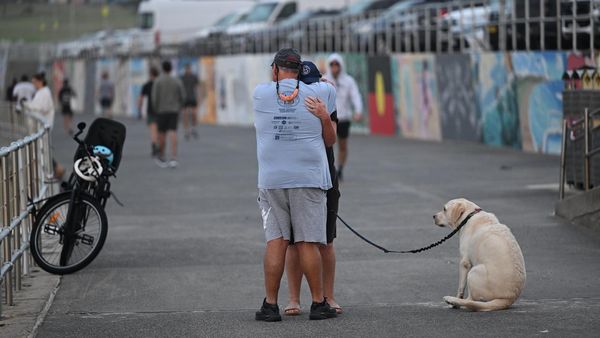
In The Voices of Morebath, a groundbreaking study of the life of a 16th-century West Country parish, the eminent historian Prof Eamon Duffy vividly evokes the fundraising “ales” which helped pay for building upkeep in churches across the country.
Home-brewed beer and music from travelling minstrels were frequently on offer at these raucous occasions, which were “a linchpin of social life” and “the only reliable source of parish funding”. Villagers were expected to attend and support the events financially. Most did so enthusiastically, although a more puritanical ethos after the Reformation put a dampener on ecclesiastically sanctioned cakes and ale.
Five centuries later, many churches from that time survive as much-loved features of local landscapes. But in a largely secularised country, great swaths of Britain’s religious heritage are now crumbling into disrepair. Last month, Sir Michael Palin, the vice-president of the National Churches Trust (NCT), warned that hundreds of churches, chapels and meeting houses are in danger of closure. Anglican churches require long-term repairs that will cost a minimum of £1bn. In Wales, a quarter of chapels and churches closed in the last decade alone.
The loss of such places has an impact well beyond the congregations who still regularly attend services. Aesthetically, churches are woven into the built texture of communities, providing a thread of continuity with the past. Many still fill up at Christmas and Easter, and for weddings, funerals and baptisms – the threshold moments of life’s cycle.
But, just as importantly, in many areas churches have acquired a vital non-religious function, offering social contact and economic assistance, and hosting cultural activities. Often spacious and attractive, church buildings are being used to host food and baby banks, singing groups, youth clubs, playgroups, coffee mornings and public meetings. After years of shortsighted cuts to public services, this kind of social infrastructure is now at a premium – particularly in rural areas where pubs and shops have been vanishing at an alarming rate.
Rightly, the NCT argues in a new report that this ability of churches to act as local anchor institutions deserves to be preserved. With many buildings in dire need of maintenance, it estimates that public funding is desperately needed for £50m worth of urgent repairs. That money should be seen as an investment in institutions which can save the state money by promoting communal wellbeing. But the report’s authors also call, intriguingly, for an imaginative expansion of the secular use of church buildings, helping them to pay their way into the future. In some of the poorest areas of the country, for example, ambitious investment in a functioning church building could deliver a sizeable venue and hub, able to host community businesses, NHS surgeries and other local services.
In his famous poem, Church Going, the agnostic Philip Larkin sadly contemplated churches being “left rent-free to rain and sheep”, as the numbers attending services dried up. For now, religious observance retains its importance for a significant Christian minority, though one that steadily continues to diminish in size. But the story of the remarkable buildings that faith threw up across the landscape need not be one of terminal decline. The mass participation in the old “church-ales” described by Duffy belongs to another world. But these historic places of communal worship can still find a social vocation in the 21st century.







